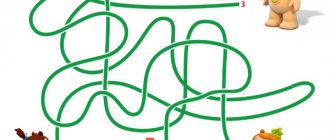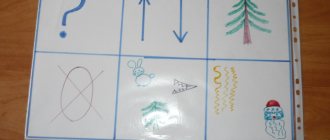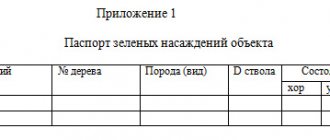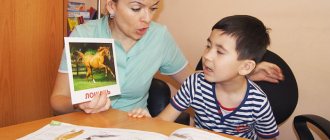Voluntary and involuntary
There are two types of attention:
- Voluntary (volitional). Has a social background. The development of voluntary attention in preschoolers is associated with communication with an adult. The goal of voluntary attention becomes the tasks that an adult sets for the child. It is conscious.
- The involuntary works on its own. It requires no conscious effort of will or specific intention. Occurs under the influence of internal or external stimuli.
Educational games and activities for children 3 years old
How to switch?
To keep attention at the desired level for a long time, you need to change the channels of perception: visual, auditory, tactile. Let the kids listen right away, then look, then touch, and if possible, taste or smell. A change of attention concentrates attention on the object for a while.
Important! Remember how long involuntary attention lasts at a certain age. So at 3-4 years old it’s no more than 10 minutes.
It is useful to play games such as "Extra Piece"
Pupils are offered a small sequence of drawn figures or signs. These can be figures or images of objects familiar to the child. The preschooler must look through the sequence and cross out the same image, for example, a circle. The teacher or parents record errors and the time during which the task was completed.
With this task you can train the skills of distributing and switching attention. To do this, you can modify the task. You can ask them to underline the circles and cross out the squares. For children who know letters, you can offer texts from books or magazines. The game can be played every day, recording the results. This allows you to analyze development.
Where are the extra pieces?
Auditory attention
Auditory attention - this definition characterizes the ability to focus on sound. Without this skill, a person will not be able to listen and understand human speech. Listening to words, the child compares the sound of sounds, repeats them, thereby learning to hear. In speech therapy, this skill is called phonemic hearing - this is the ability to perceive speech by ear. It is the basis for the formation of phonemic perception.
With unformed phonemic hearing, problems arise with correct pronunciation.
Exercises for the development of auditory attention are aimed at developing the ability to hear and listen, assimilation of the sound side of speech. The leading activity in preschool age is play. Therefore, you need to form auditory attention by playing.
If phonemic hearing is impaired, speech problems arise
Development methods
It is important for children to adhere to some principles:
- all classes are conducted in a playful way;
- pupils must be well motivated;
- The methodology for organizing a lesson requires the use of different techniques: modeling, drawing, etc.
Study of attention in children
In the circles of psychologists and educators, attention was often considered in tandem with memory, imagination, and perception. Now many researchers consider attention as an important ability in human life.
The problem associated with the attention of schoolchildren will never lose its relevance. Therefore, there is a lot of scientific and popular science literature on this issue. Also, many studies have been conducted on the attentiveness of preschoolers by students of pedagogical universities as part of their diploma and coursework. The authors assign a major role to the study of attention features in children with various developmental disorders.
In the development of children, it is important to feel their psychological state and apply switching or activation methods in a timely manner. Regular classes will help teach your baby to focus on the right subject.







